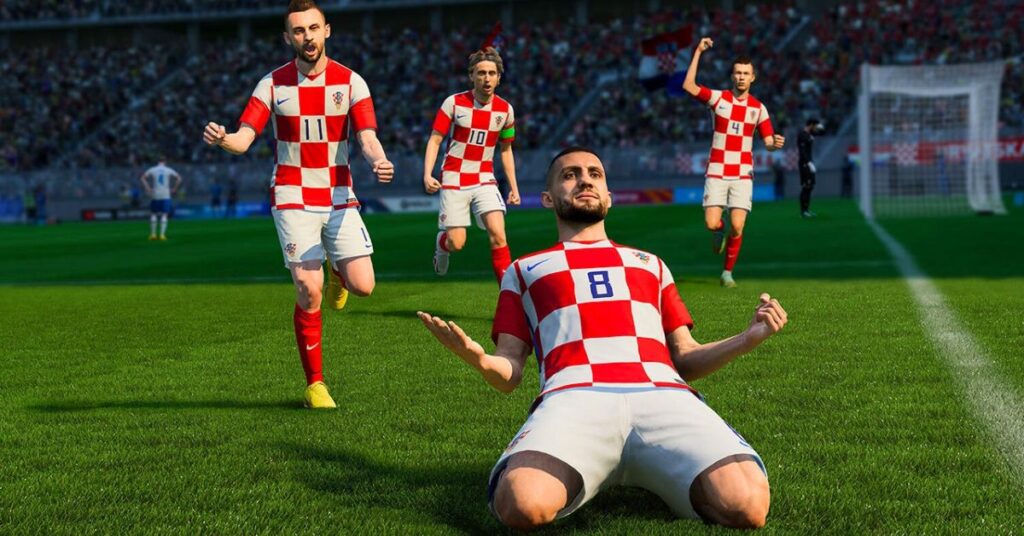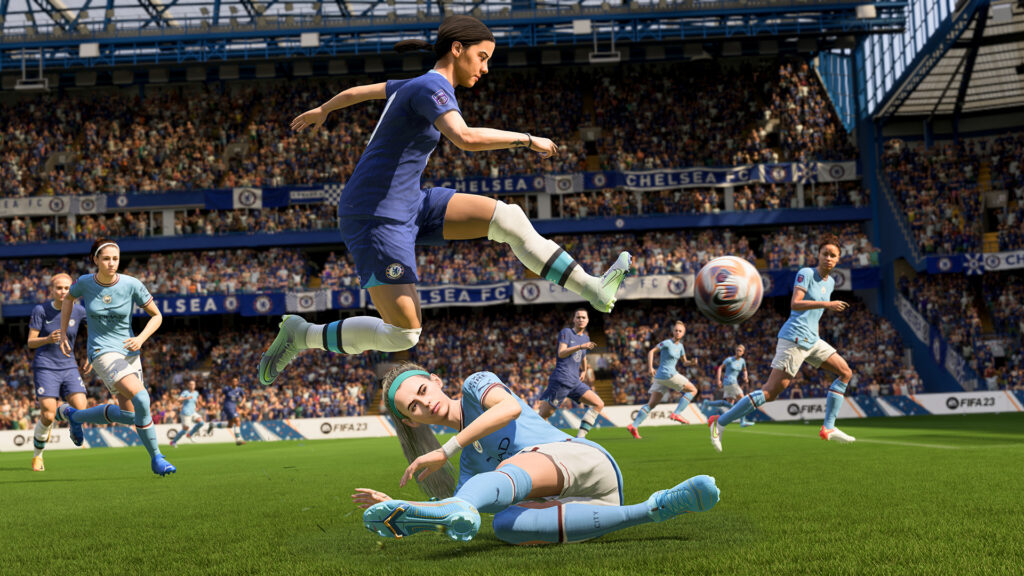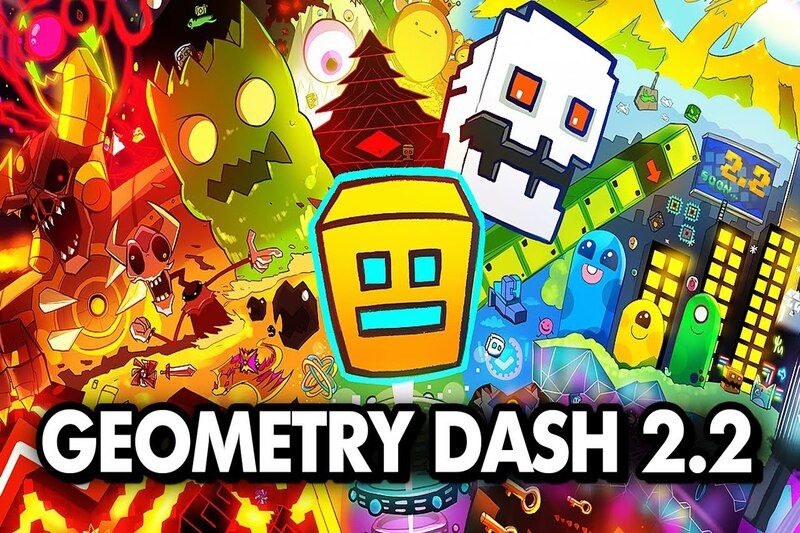Popular Now
Introduction
For decades, the FIFA series has dominated the football simulation genre, combining realistic graphics, licensed teams, and fluid gameplay. With the release of FIFA 23, EA Sports introduced improved animations, hypermotion tech, and new mechanics like Power Shots and revised chemistry systems. Yet, amid these technical improvements, one element remains shrouded in controversy—Momentum, also referred to by the community as Dynamic Difficulty Adjustment (DDA).
Although never officially confirmed as a gameplay mechanic by EA, many players strongly believe that FIFA 23 subtly shifts match dynamics through unseen forces—causing sudden comebacks, improbable misses, or unexplained AI performance shifts. This article dives deep into the concept of momentum in FIFA 23, dissecting its presence, player perceptions, psychological impact, and its implications for competitive integrity.
1. Origins of Momentum Accusations in FIFA
The concept of momentum in FIFA isn’t new. Players have long complained that certain matches seem scripted or manipulated by the game itself. In older titles like FIFA 12 or FIFA 15, users observed:
-
AI opponents suddenly becoming impossible to dispossess.
-
Teammates refusing to respond to commands.
-
Shots that would normally go in hitting the post repeatedly.
As these patterns became more common, players began to suspect that the game included behind-the-scenes mechanics designed to “balance” the experience. This speculation led to community-coined terms like "handicap," "momentum," and later, "DDA."
The controversy gained traction when EA filed a patent in 2016 for Dynamic Difficulty Adjustment, further fanning the flames of player mistrust—even though EA insisted this patent was unrelated to Ultimate Team.

2. Signs of Momentum in FIFA 23
While EA has denied the existence of DDA in Ultimate Team, players frequently cite in-game events that feel beyond their control. In FIFA 23, these include:
-
Unexpected passing errors when in a winning position.
-
Increased input delay when dominating possession.
-
Goalkeepers making uncharacteristic mistakes in the final minutes.
-
AI defenders pulling away to allow last-minute goals.
Such instances often follow specific triggers like going 2–0 up or entering the 80th minute. Whether these are glitches, mental bias, or coded behaviors is unclear—but the consistency of complaints adds weight to the theory.
3. Dynamic Difficulty Adjustment vs. Player Bias
A strong counter-argument to momentum theory is confirmation bias—the tendency to notice events that confirm one’s belief. Players may remember late-game goals more vividly due to emotional impact, blaming the game instead of acknowledging their own errors.
This psychological bias is often reinforced by the emotional volatility of FIFA matches. The intensity of online competition leads to:
-
Increased stress under pressure.
-
Riskier plays when defending a lead.
-
Overconfidence when dominating possession.
These human tendencies contribute to collapses that may appear to be scripted. However, the sheer volume of identical experiences across player bases makes the discussion more nuanced than pure psychology.
4. EA's Stance and Legal Response
EA has consistently denied using DDA in FIFA Ultimate Team. In 2020, they released a statement claiming:
“We do not use DDA or scripting in Ultimate Team. We never have.”
Despite this, a class-action lawsuit was filed in 2020 in the United States over alleged use of DDA to manipulate outcomes. EA eventually provided access to source code for verification and the case was dropped.
But this legal transparency has not satisfied the player base. Many feel that EA’s business model—centered on microtransactions and pack sales—would benefit from frustration-based engagement. That is, when players lose unexpectedly, they may feel compelled to improve squads by purchasing new cards.
5. Gameplay Mechanics That Mimic Momentum
Several core features in FIFA 23 naturally mimic what feels like momentum:
-
Team Press Tactic: Activating constant pressure in the final minutes exhausts AI defenders, making comebacks easier.
-
Player Fatigue System: As players tire, they lose positioning accuracy and responsiveness.
-
Morale and Confidence Stats in Career Mode: Influence pass/shoot decisions based on match context.
These legitimate mechanics can unintentionally amplify the perception of scripting. For example, if an opponent activates Team Press at the 75th minute, and your defenders are fatigued, a goal may feel "scripted" when it's actually mechanical.
6. Momentum in FUT Champions and Division Rivals
In competitive game modes like FUT Champs and Rivals, momentum perception reaches its peak. A single loss can drastically affect rank or rewards, increasing the emotional investment in every match.
Players frequently report that:
-
Opponents down 3–0 come back with supernatural accuracy.
-
Top-rated squads suddenly underperform.
-
Tackles bounce back to attackers with uncanny frequency.
The perception is that the game prevents "easy" wins to maintain tension across a 20-match FUT Champs session. This could keep users hooked longer but damages trust in competitive fairness.
7. Community Strategies to Counter Momentum
Whether real or imagined, players have developed methods to “fight momentum,” such as:
-
Rotating tactics mid-match to disrupt the game's rhythm.
-
Avoiding early goals to prevent late-game balancing.
-
Using “meta” formations like 4-2-3-1 to maintain structure.
-
Pausing strategically to disrupt opponent flow.
Some even suggest turning off timed finishing or keeping possession endlessly to “break the script.” These tactics demonstrate the depth of belief in momentum’s existence—and how gameplay evolves around it.

8. Game Code and Mod Analysis
Tech-savvy players and modders have attempted to reverse-engineer FIFA game files to look for evidence of momentum mechanics. While most findings are inconclusive, some point to modifiers that adjust:
-
Shot accuracy in specific match phases.
-
Decision-making AI when trailing or leading.
-
Goalkeeper response windows during comeback scenarios.
However, without access to full server-side logic, these findings remain speculative. They do, however, show how deeply momentum speculation has penetrated the community’s technical curiosity.
9. Ethical and Design Implications
If momentum or DDA were real, it would raise serious ethical questions about competitive integrity—especially in a game where success can lead to eSports careers or monetary gain via pack rewards.
It would also blur the line between fair challenge and artificial manipulation, damaging trust between developers and players. On the flip side, if momentum does not exist, EA’s design must confront why so many players experience similar frustration.
This leads to critical questions:
-
Should EA include a “neutral mode” for pro competition?
-
Would full transparency about match mechanics build more trust?
-
Can gameplay fairness be preserved without compromising excitement?
10. The Future of Momentum in EA Sports FC
With FIFA 23 being the last title under the FIFA branding, EA Sports FC represents a new chapter. Many fans hope that future iterations offer more clarity, balance, and control over in-match dynamics.
Potential future solutions include:
-
Public toggles for DDA-like behavior.
-
Post-match analysis explaining AI shifts.
-
Custom sliders for offline and online modes.
-
Greater investment in gameplay consistency patches.
Whether EA acknowledges momentum or not, the mechanic—real or perceived—has shaped the player base's psychology. How they address this in EA Sports FC will determine the future trust between players and developers.
Conclusion
Momentum in FIFA 23 remains one of the most hotly debated issues in the franchise. Though never officially confirmed, the overwhelming player anecdotes, gameplay oddities, and competitive consequences give the theory a life of its own. Whether caused by subtle mechanics, psychological bias, or deliberate design, its impact is undeniable.
As the community transitions toward EA Sports FC, transparency, consistency, and trust will be critical. Whether EA continues to deny momentum or chooses to clarify its mechanics, the future of competitive FIFA will hinge on player confidence—not just in their skills, but in the fairness of the game they play.


















